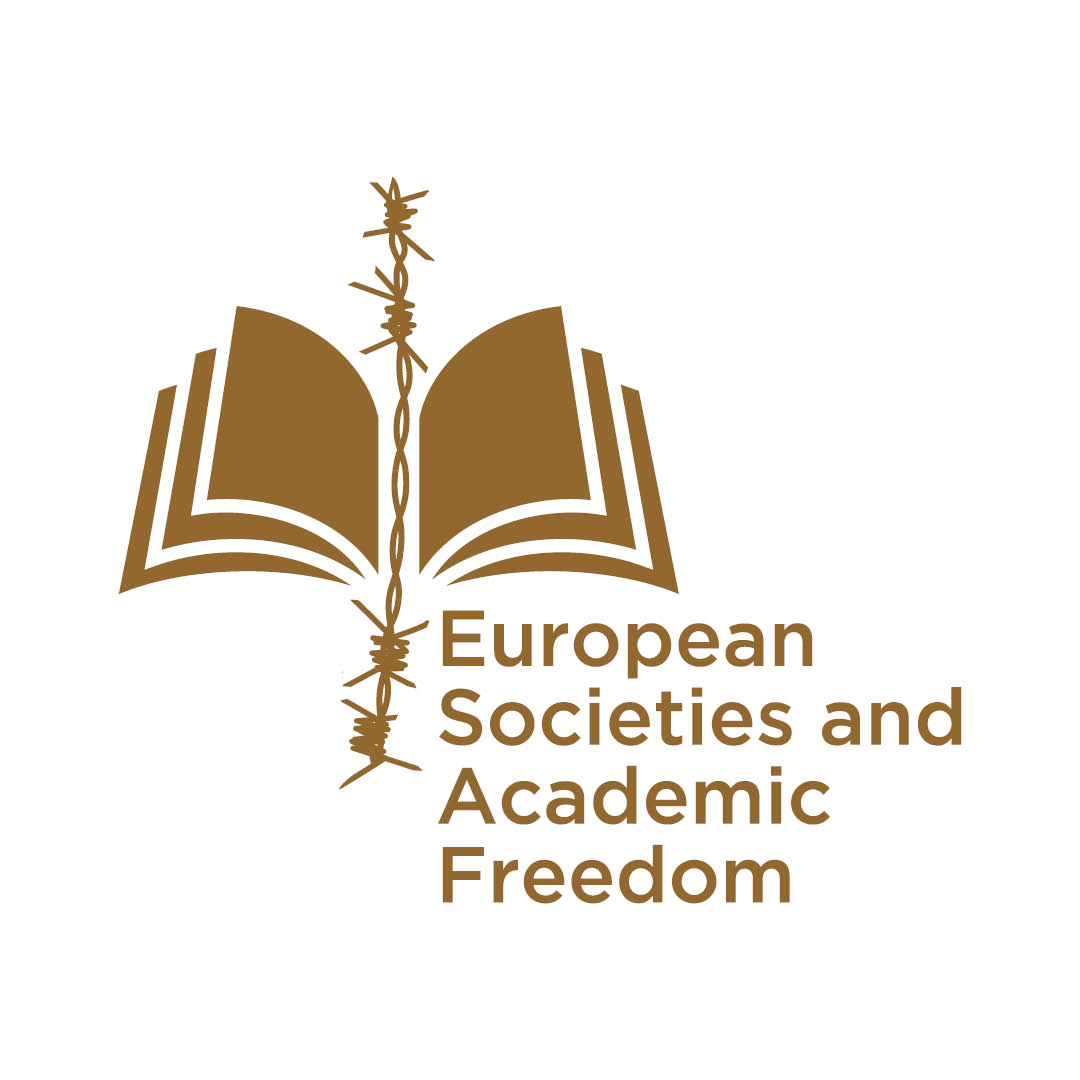
Academic Freedom and the Venezuelan Research Migration

- Ruth Castillo, Research Institute Teseo
Abstract
Emigration is a new phenomenon in Venezuela’s history and a recent fact of the 21st
century. Its emergence, as well as the speed of the event and its breadth and depth, makes
it a social event worthy of study. The persistent damage that this event is generating is
making it the object of analysis among researchers and is calling for the need of social
policy designs that would allow mitigating its negative impacts and, in any case, that could
reverse them into positive impacts to the economy. Among Venezuelans who migrate, there
is a significant number of individuals with the highest levels of education and professional
training who represent the highly qualified workers in the country’s workforce, such as
university teaching staff, research scientists, and technologists. They are responsible for
training future professionals, producing and transferring knowledge by creating it through
research, innovation, and management of laboratories/research centres, among other
professional activities that add value to their disciplines and the economy as a whole. This
study focuses primarily on the exodus of researchers in the country and the objective is to
estimate the effect of the emigration of Venezuelan researchers on the host societies and
the limits they face to continue their research. These researchers, after emigrating, are still
interested in working and maintaining a productive relationship in favour of research and
technology, which could be used in the host societies. However, to achieve this, they must
face a number of obstacles. One of these obstacles is invisibility.